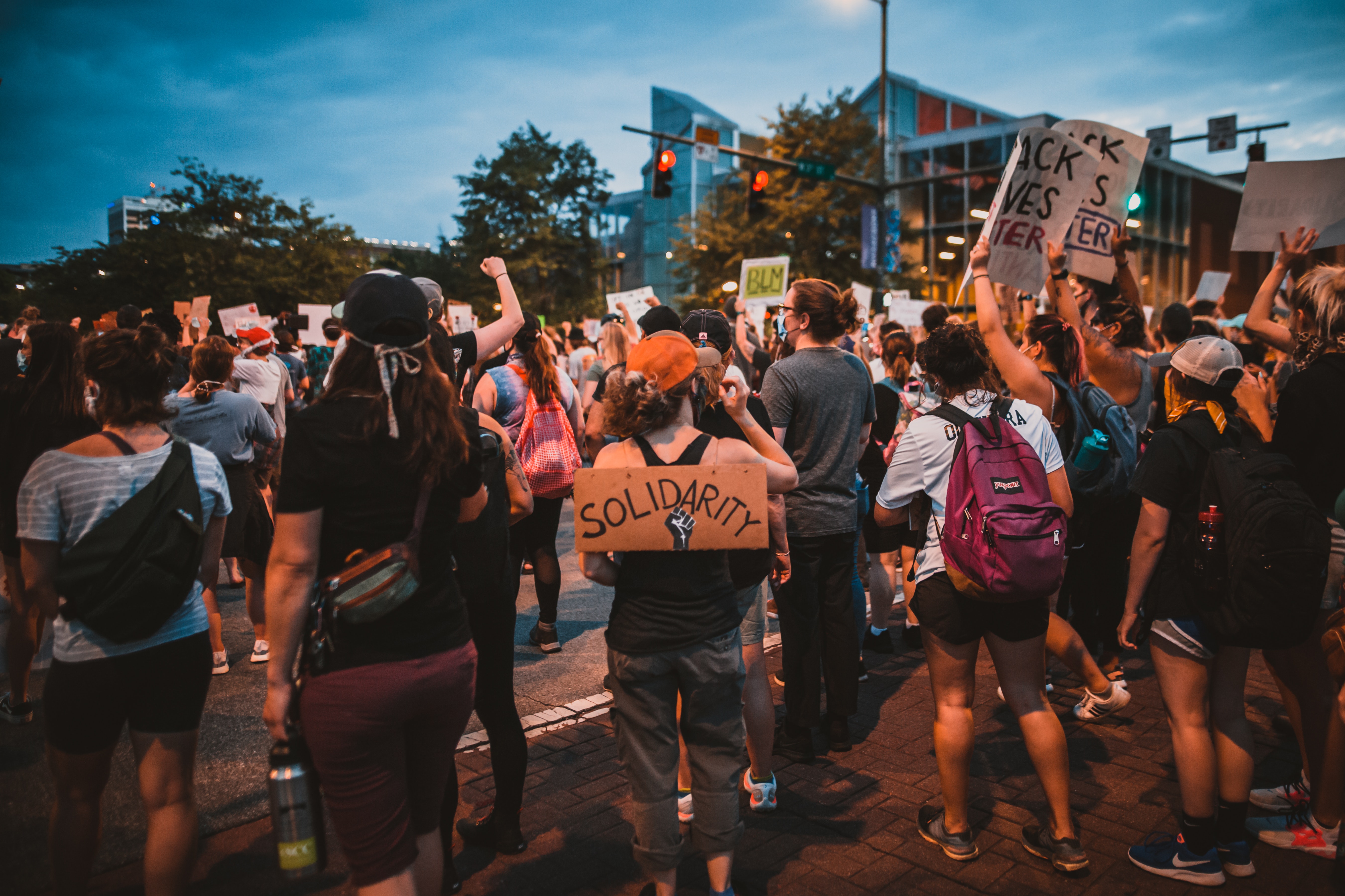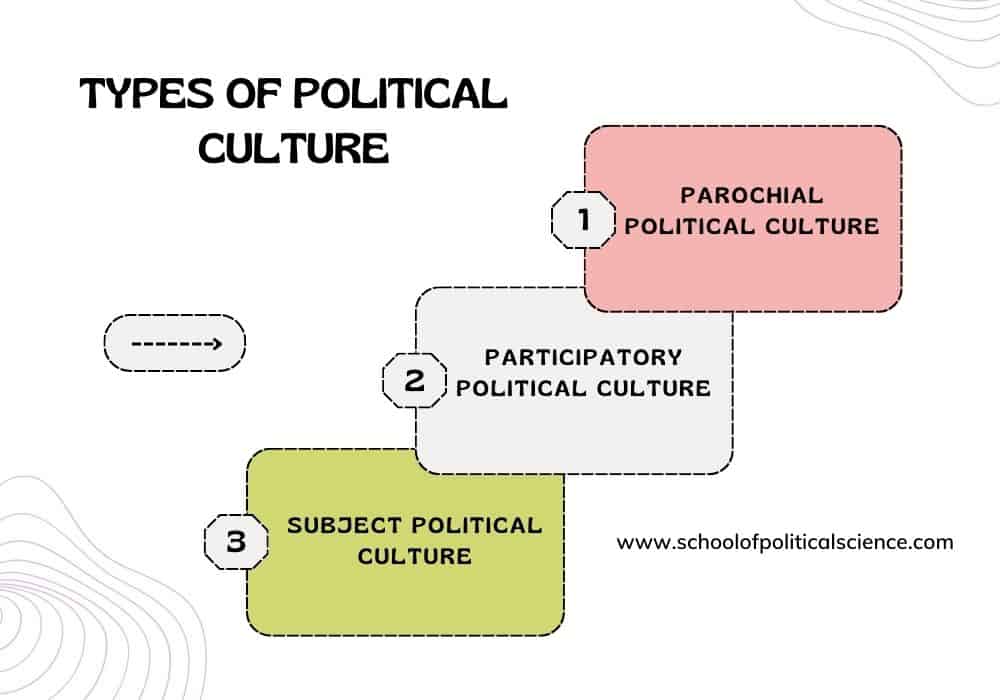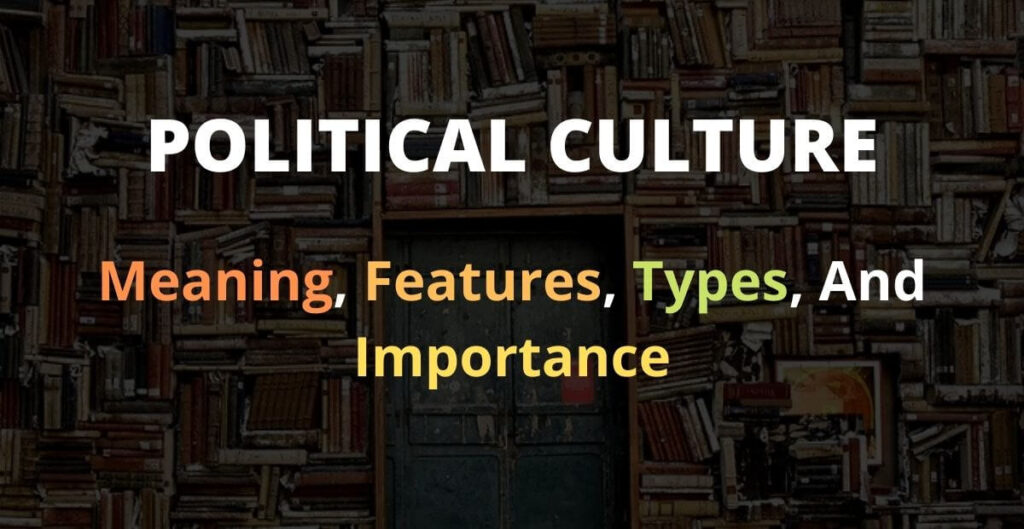To gain legitimacy, the proper management of the authority of any political system and the empathy of the people with a positive and supportive view of that authority are required.
In some political systems this view is seen, but lacking in some places. Somewhere, citizens support the political system unconditionally, and somewhere they want a radical change in the political system.
To get a real picture of the political system, a proper analysis of the attitudes of the people is needed. In this context, discussion of political culture is very important to understand the attitudes and beliefs of people on their political system.
Must Read- Political Sociology: Understanding Its Meaning, Nature, and Scope
What is Political Culture?
Political culture is the views, aspirations, and beliefs of most citizens of the country toward political systems. It can be said to be a psychological matter for the people. It is also the type of people’s mentality in relation to political activities, not political activities itself.

Must Read- Meaning and 7 Most Important Agents Of Political Socialization
Different types of political cultures exist among the people of different states. In this context, it is to be noted that the tradition of British citizens, the protests among French nationals, and the patriotism among American citizens are strongly present. These are some of the characteristics of the political culture of those countries.
It is changing oriented, but this is changing slowly. Persons’ perceptions change as new experiences unfold.
Depending on the city-life experiences of people coming from village to city and living in the city, there are rapid changes in attitudes. But cultural attitudes or values change very slowly. Hence, the attitude towards political action reflects fairly permanent aspects of political culture.
Features of Political Culture
- The views of the people regarding the world of politics are the subject of political culture, but not the various events organized in world politics. So it can be called the psychological dimension of politics.
- In the political culture, the attitude of both the political ideal and the effective system of the state is expressed.
- It consists of empirical concepts of political life and values that are worth pursuing in political life, and they can be emotional, and perceptive.
- If there is a kind of attitude among the people about important political issues in the political culture, then there is political stability. It is easy to get rid of the crisis if people’s attitudes are favorable to political institutions during the crisis period in the country.
- Political culture does not remain unchanged. It is also constantly reorganized in terms of cultural change in society. With the arrival of foreigners to live, a revolution, war, or any other major change can completely change the political culture of a state.
Types of Political Culture
The nature, existence, and importance of different aspects of political culture vary from one society to another. So the political culture of all countries is not one. These are classified based on these questions whether members of society take an active role in political activities, expect to benefit from public dialogue, whether people can take part in government processes, or know government activities.
Almond and Verba classified political culture into three types. These are:
- Parochial Political Culture
- Participatory Political culture
- Subject Political Culture

1. Parochial Political Culture
Generally, in underdeveloped countries and the traditional social system, there is a lack of consciousness and interest or widespread indifference among individuals regarding political issues.
In the context of the political way of life and the national political system, there is a strong disregard for the countrymen which leads to the formation of a parochial political culture.
To end such a culture, the need for a wide spreading of education and the spread of political communication is necessary. There are still many regions in Asia and Africa where parochial political culture can be seen.
2. Participatory Political culture
In a participatory political culture, every citizen actively takes an active role in political affairs. Individuals consider themselves active members of the country’s existing political system.
The participation and evaluation of the individual in the traditional political system is very deep and important in such a political culture. Here the individual is always aware of his rights and duties. Great Britain and USA are great examples of participatory political culture.
3. Subject Political Culture
In this kind of political culture, the role of the people in political affairs is significant. The public is fully aware of the political system prevailing here and the effect of state action on their way of life.
Despite the existence of enthusiasm for political life, the people here do not attempt to influence the decision-making process. Rather, most of the government’s decisions are accepted without authority. This tendency in public affairs for the public interest is attributed to this kind of inactive political culture.
Is the political culture inherited?
The individual does not inherit the political culture by birth. That means it is not a matter of birthright. It is created within the individual through political socialization. The social and political systems in which the person is born, the particular political values and attitudes that transcend the individual.
Individuals are connected with the political parties, other political organizations or institutions, the pressing groups, the state structure, and its functions, within the existing political system.
In this way, the individual becomes increasingly connected and united with the symbols and values of the existing society and political system. This process continues throughout the life of the individual. And this is how political culture emerges within the individual.
Must Read- Pressure Group: Meaning, Definitions, Features, & 4Types
What is the Relationship between Political Systems and Political Culture?
The interaction between the political system and the political culture is very close. There can be broad consensus among the people regarding the existing political system and its basic structure. In that case, the political system is strong and stable.
On the contrary, the structure of the existing political system, with disagreement among the people in the context of the tasks, poses a serious hostility to the political system. As a result, the foundation of that political system weakens.
10 Importance of Political Culture
Here are 10 detailed points on the importance of political culture:
- Promotes Stability
- Supports Democracy
- Strengthens Trust
- Guides Behavior
- Ensures Legitimacy
- Encourages National Unity
- Facilitates Cooperation
- Promotes Respect for Law
- Improves Accountability
- Influences Political Change
1. Promotes Stability
Political culture helps maintain stability by creating a shared understanding of political norms and behaviors. When people agree on basic political values (e.g., democracy, and equality), they are more likely to support the political system, which reduces the chances of unrest or violence.
2. Supports Democracy
A healthy political culture encourages active citizen participation in democratic processes such as voting, public debate, and community engagement. It ensures that democracy is not just about voting but also about informed participation, dialogue, and respecting diverse views.
3. Strengthens Trust
A positive political culture fosters trust between the government and the people. When citizens feel their values are reflected in the political system, they are more likely to trust political institutions, officials, and policies, leading to greater cooperation between the state and society.
4. Guides Behavior
Political culture shapes how individuals and groups behave within the political system. For example, it can determine if people are passive, active, or resistant in political matters. A strong culture encourages citizens to engage in political processes such as voting, participating in protests, or running for office.
5. Ensures Legitimacy
A political culture that supports democratic principles or other political ideologies enhances the legitimacy of the government. When the culture aligns with the government’s policies, it becomes easier for people to accept those policies, making them less likely to question or resist authority.
6. Encourages National Unity
Political culture helps unite diverse groups within a country by promoting common values and national symbols (like flags, anthems, and public holidays). These symbols and shared beliefs create a sense of national identity and solidarity, which can overcome ethnic, religious, or regional divisions.
7. Facilitates Cooperation
In a society with a healthy political culture, cooperation between different social groups is more likely. For example, citizens may be willing to work together to solve common problems, such as economic inequality or environmental issues, because they share a commitment to collective welfare.
8. Promotes Respect for Law
Political culture fosters respect for the rule of law by teaching citizens the importance of adhering to legal norms and respecting political authority. When the political culture values laws and justice, people are more likely to comply with them, helping maintain order and security in society.
9. Improves Accountability
In a society with a robust political culture, citizens understand their rights and responsibilities. They can hold the government accountable by voting, protesting, or engaging in civic action. This helps ensure that leaders remain answerable to the people and are less likely to abuse power.
10. Influences Political Change
Political culture plays a critical role in driving social and political reforms. When the cultural values shift—such as demands for equality, freedom, or justice—citizens may push for changes in policies or laws to align with new ideals. This can lead to progressive shifts within the political system and society.
Conclusion
In summary, political culture is essential for shaping political stability, governance, and democratic practices. It not only determines how citizens interact with the state but also supports the functioning of institutions and the development of society as a whole.
Let me share with you what you have learned from “Political Culture: Meaning, Features, 4 Types, And Importance“.
Must Read-


Comments are closed.